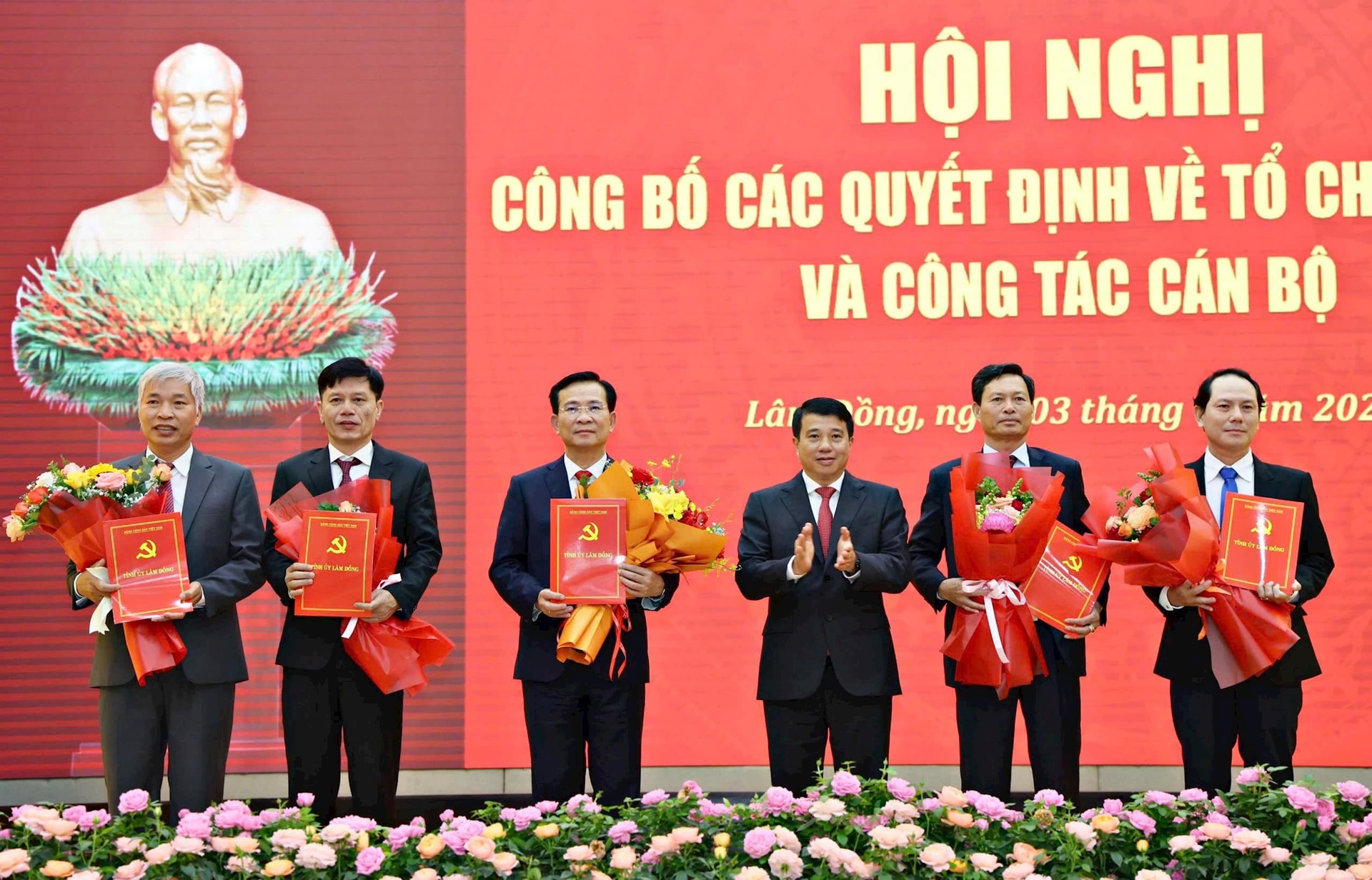
Difficulties from mechanisms and institutions
One of the difficulties is the lack of uniformity and inconsistency in the current legal system. Specifically, in the land sector, the contents related to planning, urban architecture, land use conversion, plot division, etc. still do not have specific instructions after decentralization to the commune level, causing confusion for the grassroots level when handling administrative procedures.
Notably, there is still no clear guidance document on the management authority for private kindergartens in the commune after implementing the 2-level model. Previously, the establishment of these schools was under the authority of the district-level People's Committee, now it is decentralized to the commune, but the legal basis has not been adjusted accordingly. As a result, the commune-level People's Committee has difficulty in management. The schools do not have the legal conditions to complete administrative procedures such as: registering seal samples, educational activities.
According to the Provincial Party Committee’s report, the issue of human resources is a worrying bottleneck in the operation of the two-level government. According to statistics, currently the whole province has 57 communes and wards that do not have enough civil servants according to the Central Government’s guidelines.
Some communes and wards are currently "empty" of professional personnel in key areas such as: Justice - civil status in 4 communes; information technology in 68 communes and wards; finance - accounting in 2 communes; natural resources - environment in 35 communes and wards; construction in 22 communes.
Many civil servants, although having appropriate expertise, are assigned to other positions, or are working in the Party or mass organizations. This directly affects the quality of consultation and handling of administrative procedures at the grassroots level, causing people to delay in accessing public services.
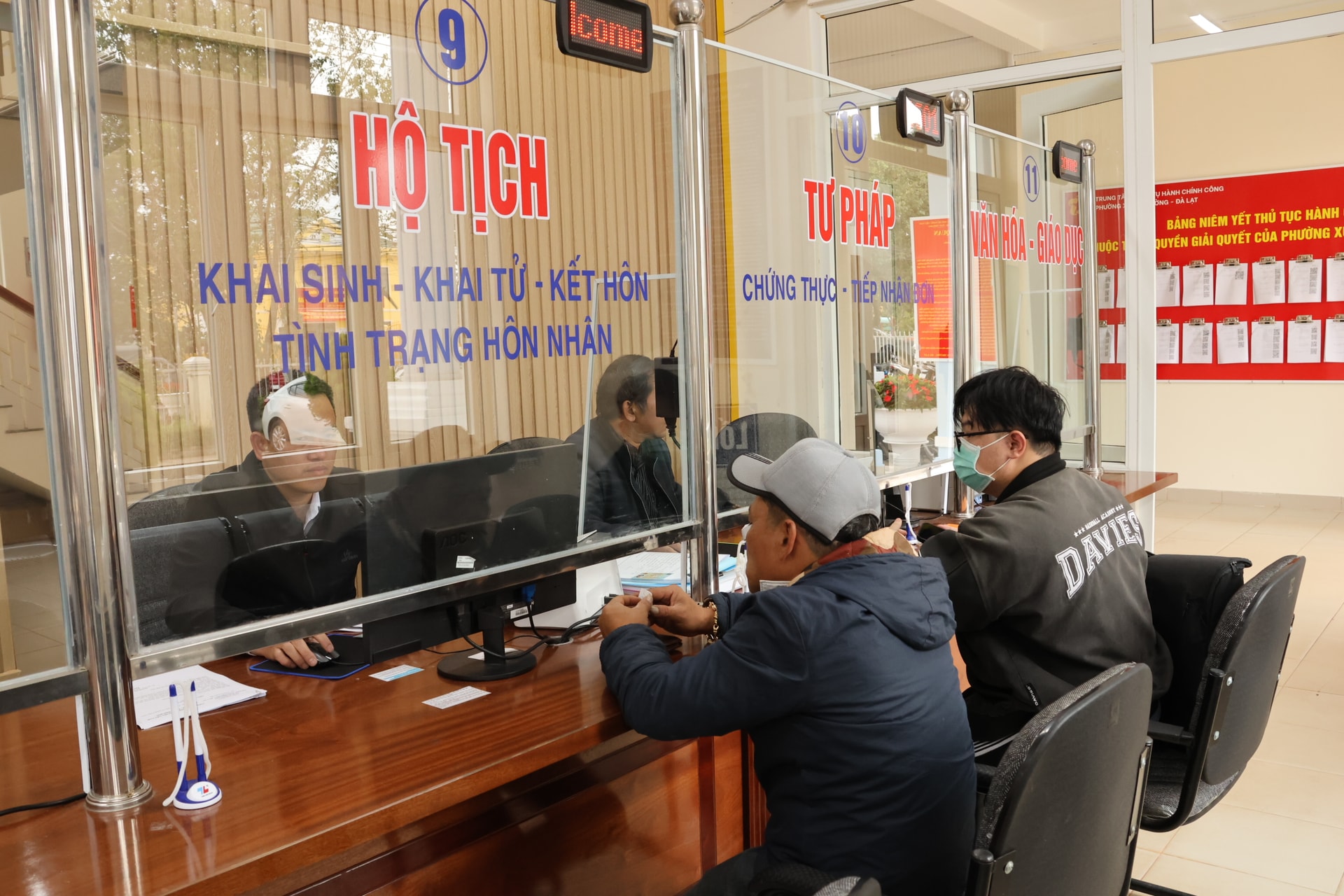
Determined to accompany and serve the people better
Digital transformation is a strategic direction, but in many communes there are no IT specialists or if there are, they are not qualified, leading to ineffective implementation. Meanwhile, people, especially in rural and remote areas, lack the skills to use online public services, do not have smart devices, do not know how to register for an account, and are forced to ask civil servants to do it for them.
This situation shows that, without community guidance and training, digital transformation will be very difficult. Notably, many areas still do not have phone signals or 4G, such as Ta Dung commune... making it almost impossible to access public services on the network platform.
In the context of many difficulties mentioned above, Lam Dong province has proactively reviewed, compiled statistics and reported to the Central Government to propose solutions. The focus is to soon issue unified legal guidelines on decentralization and delegation of power in the fields of education, land, and organizational apparatus; supplement the budget for investment in infrastructure and equipment for public administration at the commune level. At the same time, the Provincial People's Committee assigned departments and branches to coordinate with localities to develop a project to organize a reasonable apparatus. The province has directed the review, training and arrangement of specialized human resources in the right field and position; and implemented a campaign to popularize digital skills to rural people and ethnic minorities.
Despite many difficulties, with high political determination, flexibility in management and the spirit of accompanying the people, Lam Dong can completely overcome the current obstacles to perfect the 2-level government model - effective, efficient, serving the people better and better.
Source: https://baolamdong.vn/vuot-thach-thuc-kien-tao-chinh-quyen-2-cap-tinh-gon-hieu-qua-387532.html








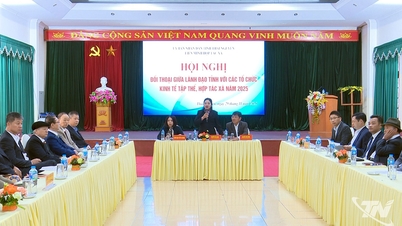

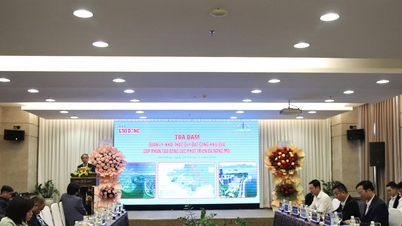

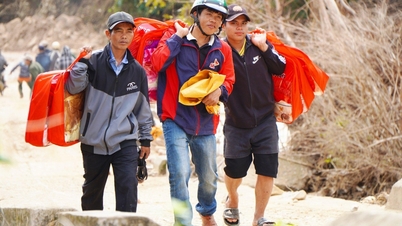



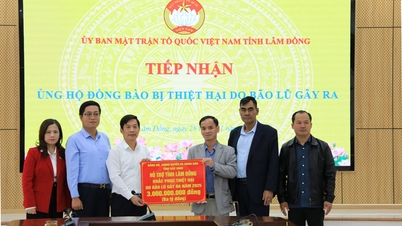

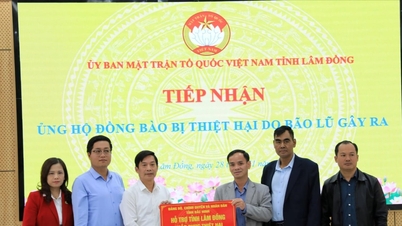
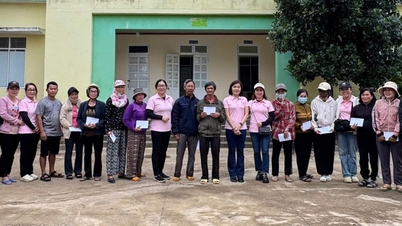



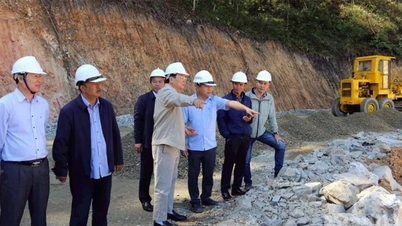
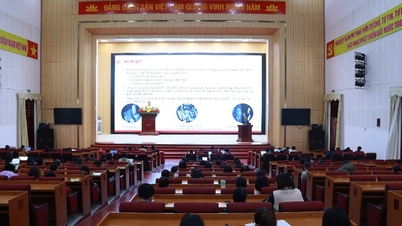










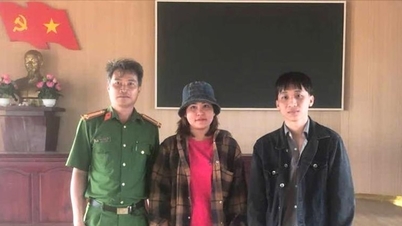
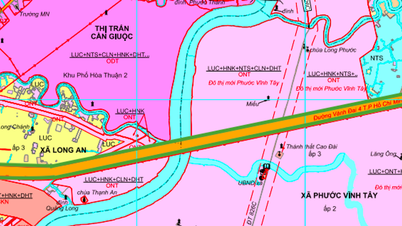
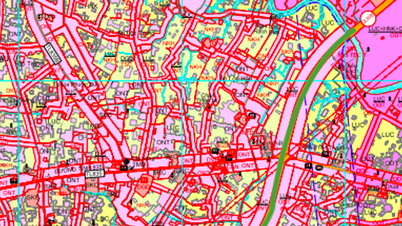
























































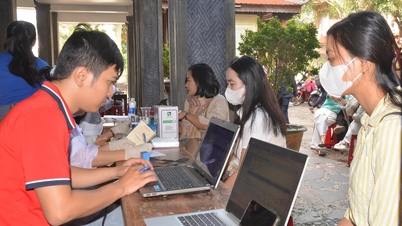
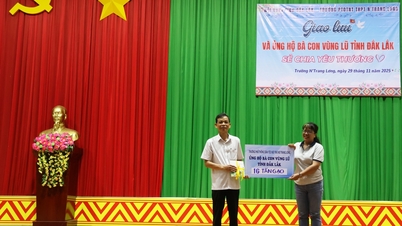













Comment (0)